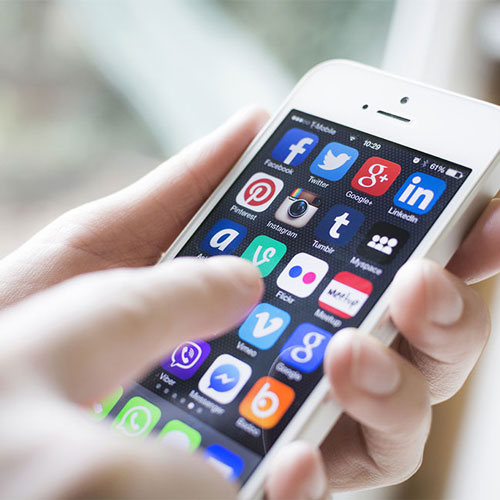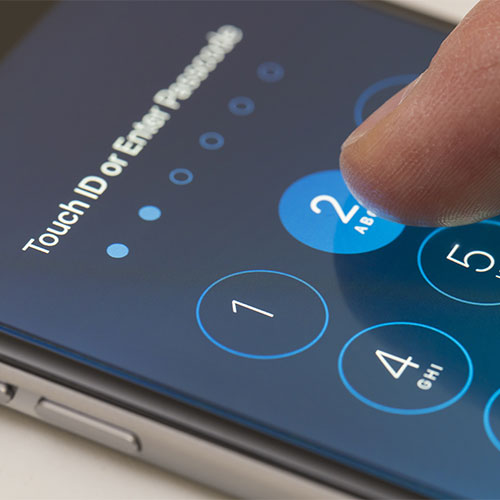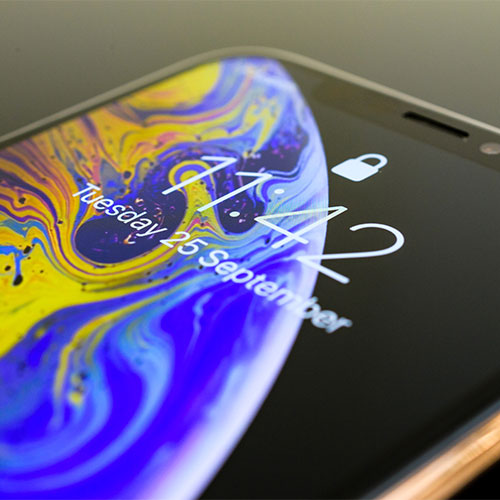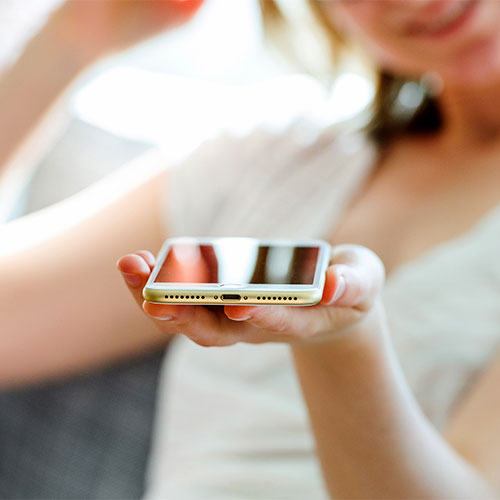This is an archived article and the information in the story may be outdated. Please check the time stamp on the story to see when it was updated last.
Experiencing a hack on your phone is one of the worst threats you face as a smartphone owner. If you’re like many people, you have a ton of information stored on your phone and the idea of someone swiping your passwords and any data you have stored on your device is terrifying. What’s worse: you may not even be aware of it happening until it’s too late. Matt Boddy, CTO and Co-Founder of Traced Mobile Security, spoke to SHEFinds.com about the four scary signs that your iPhone has already been hacked.


Your first sign that your phone is being hacked appears when you follow the money: Your phone bill will be higher than normal, and you'll see outgoing calls or texts on the bill that you don't recognize, according to Boddy. “A higher-than-normal phone bill could be related to premium rate SMS fraud triggered by a malicious app to send texts or make calls,” Boddy says.
Another sign is a spooky one: an acquaintance or friend will suddenly seem to know a lot more about you. “Someone you know might have installed stalkerware to your phone, and they now have access to your messages, emails, photos, location and more,” Boddy says.

Your data usage may also be affected if you’ve been hacked and could be higher than normal. “Some forms of malware, such as spyware and stalkerware, send information to and from your device, causing your data usage to increase if you're not always connected to WiFi,” Boddy says.

Have you noticed that your battery is dying quicker than it normally does? “This would indicate something in the background might be running that's using a lot of power, although this can be caused by many things,” Boddy says. So, while battery drainage isn’t a sure sign of a hack, it’s something to keep on your radar if you’re noticing other evidence that your phone has been hacked.

If your phone shows all of the signs that it has been hacked, the best thing you can do is take the following next steps, according to Boddy:
1. Change your password for each online account you have (banks, email, social media, iCloud, app stores etc) and set up multi-factor authentication. Don't reuse passwords. If one site gets hacked, criminals try out that password on other websites.
2. Install a mobile security solution (like Traced) that alerts you when high-risk apps are installed, or when the camera or microphone is accessed by a background app.. If spying apps, stalkerware or other malicious apps are lurking on your phone, Traced will spot it and invite you to remove them. (this is only applicable to Android).
3. Look for unusual apps which are installed on your device, check if you installed them from an official source like the Google Play Store or the Apple app store (especially if you have a jailbroken iPhone). On Android you can check this information using the Traced app. Apps that are not installed from an official source are more likely to contain bad coding practices or be compromised.
You can't always prevent a hack, but taking these steps will help secure your device in the future.


























